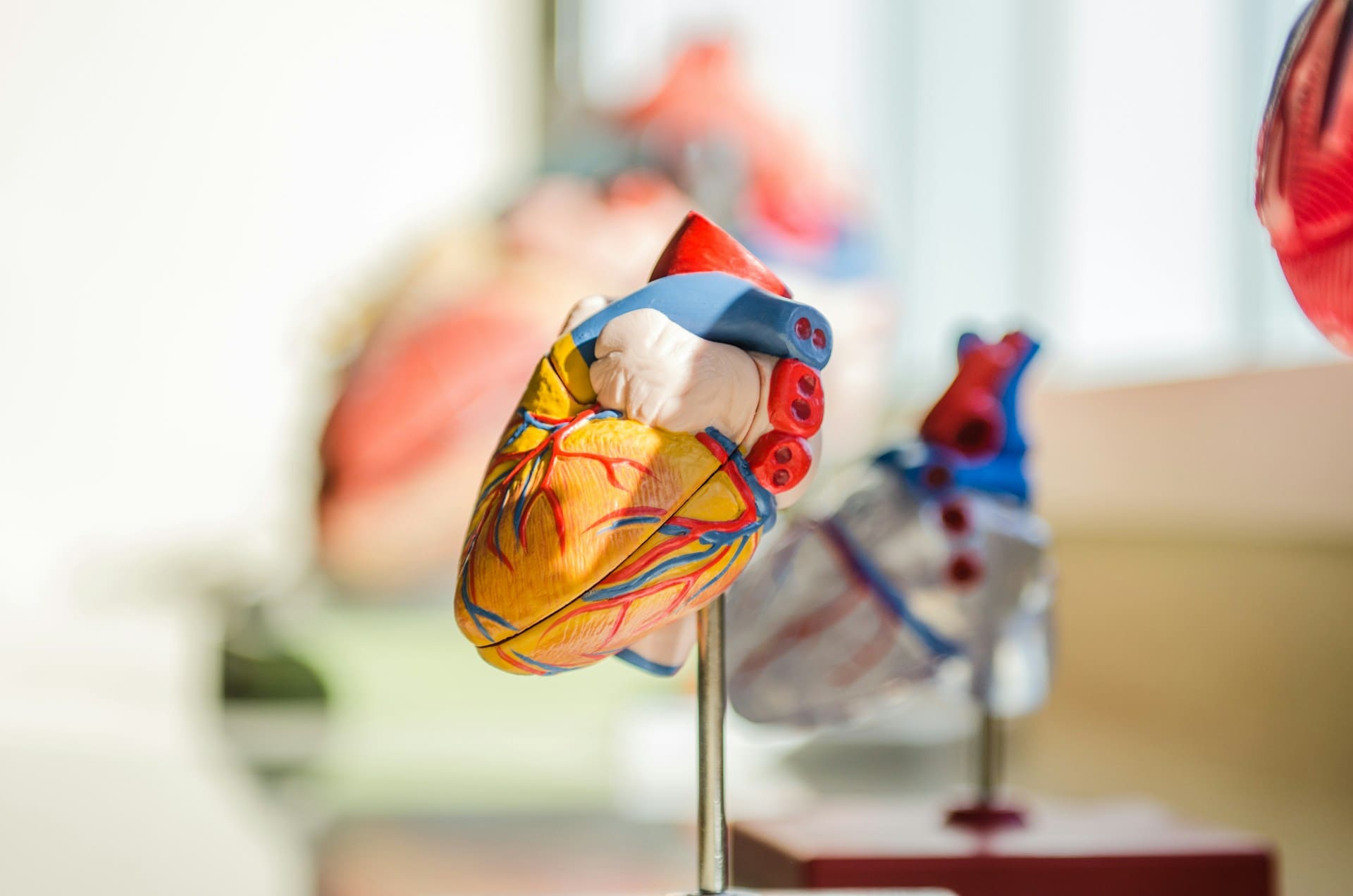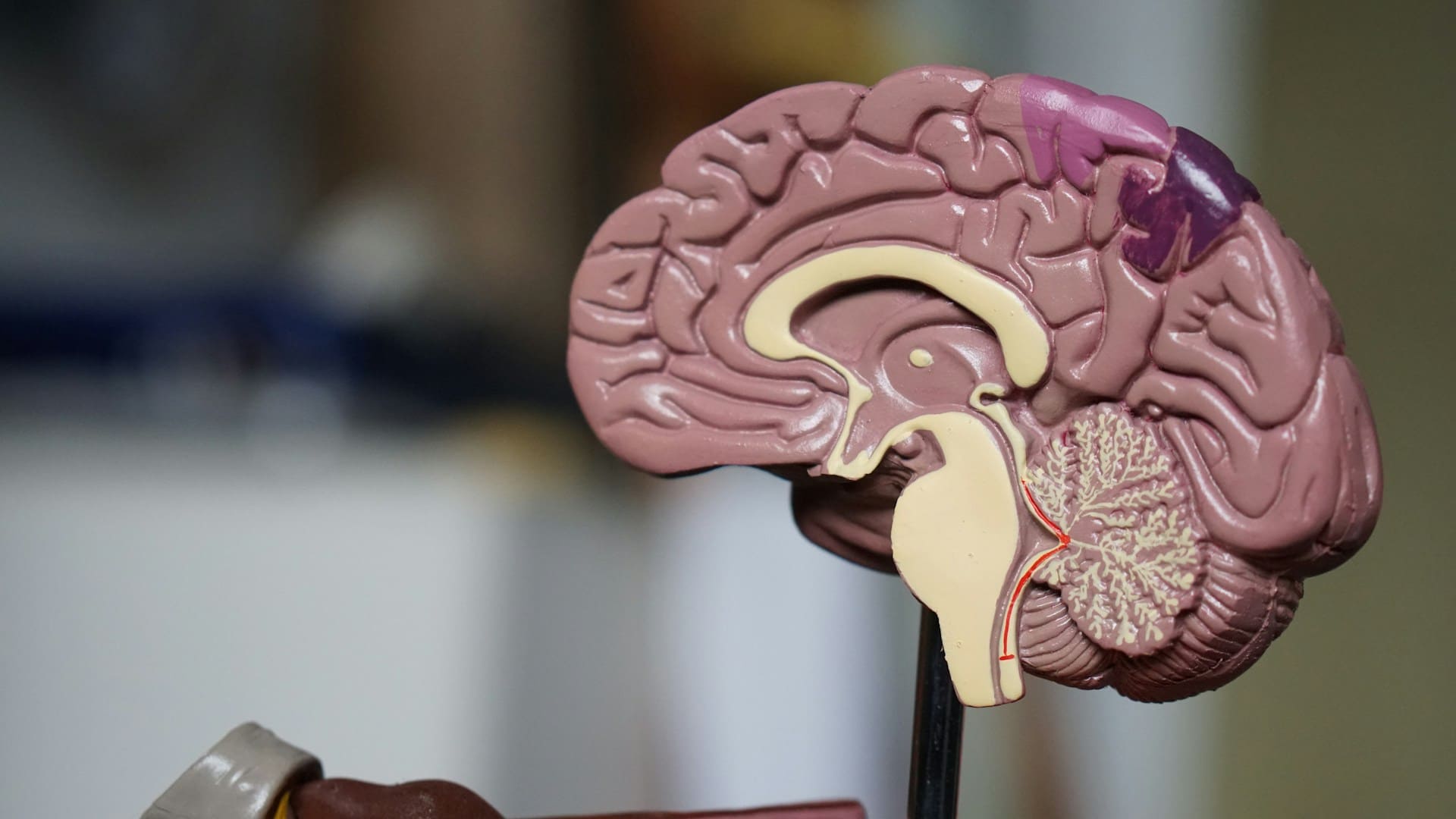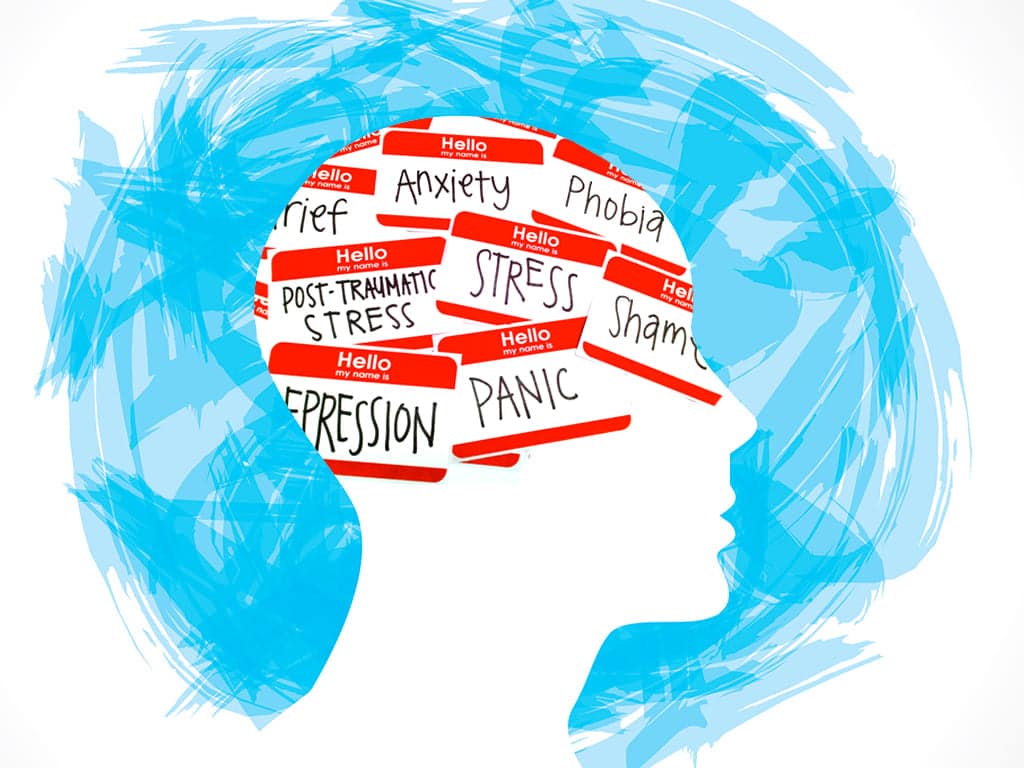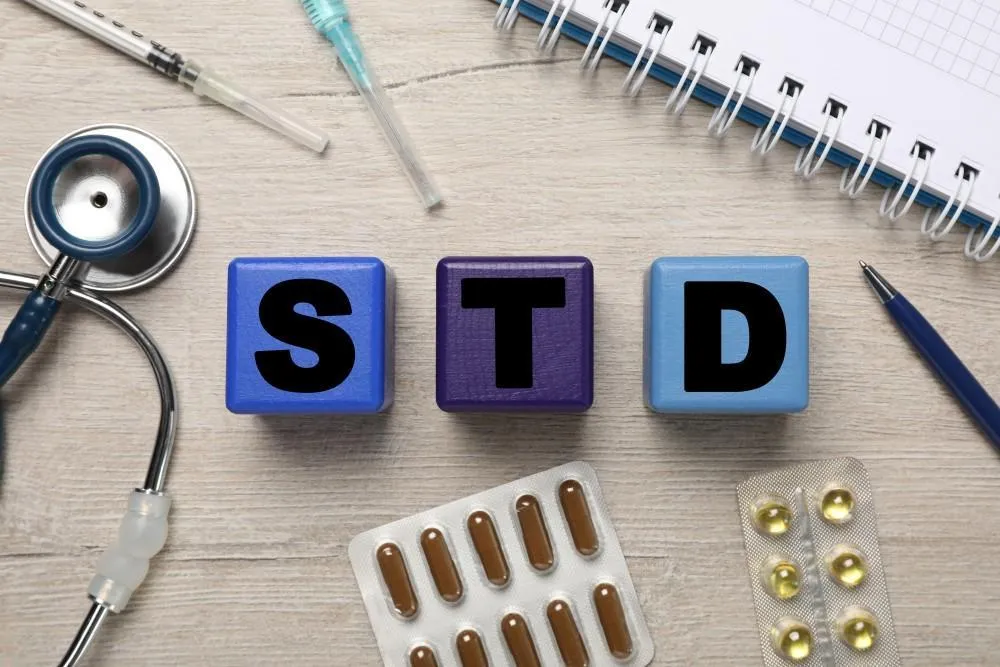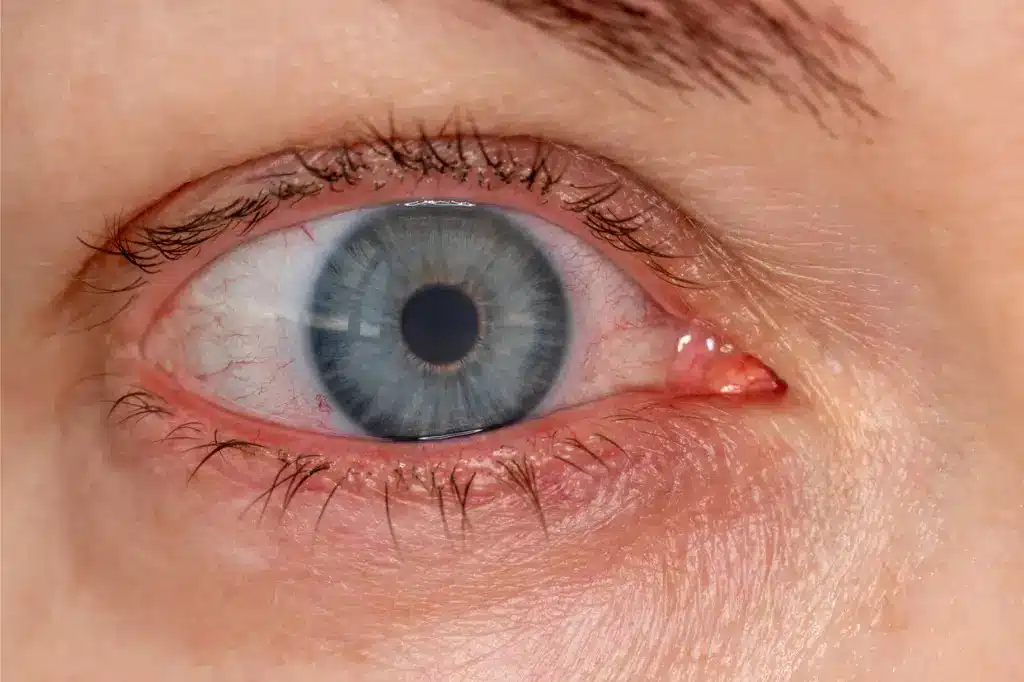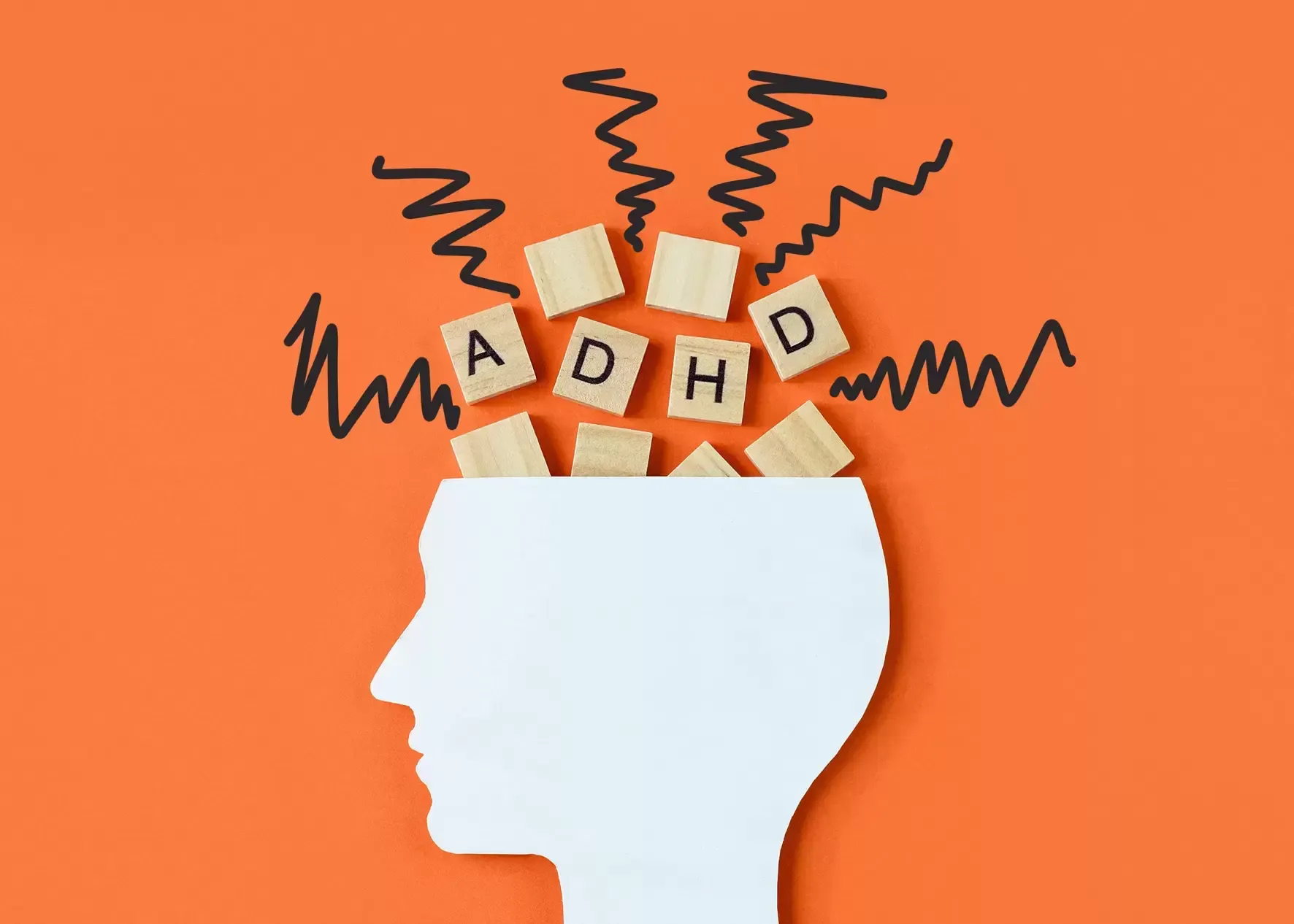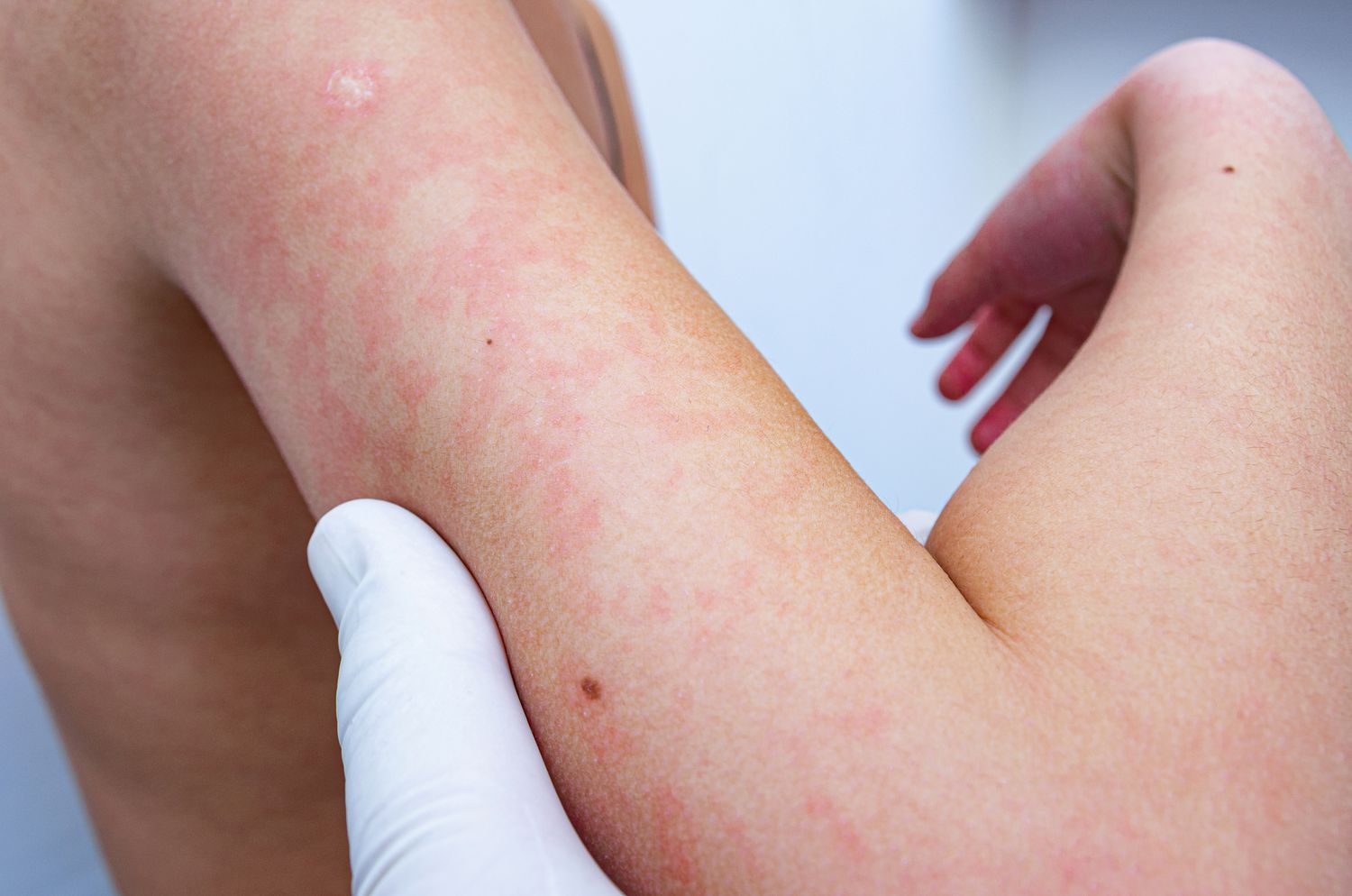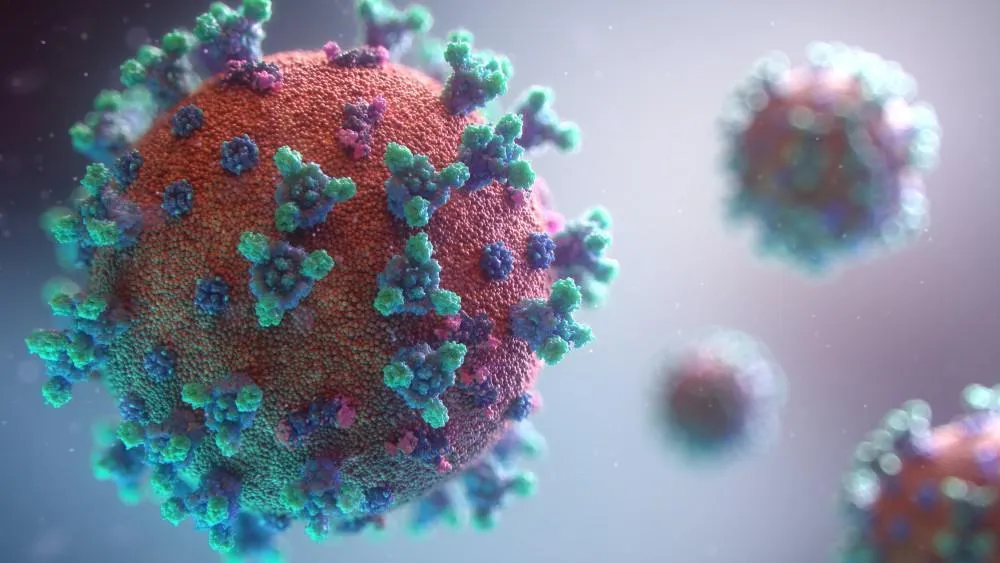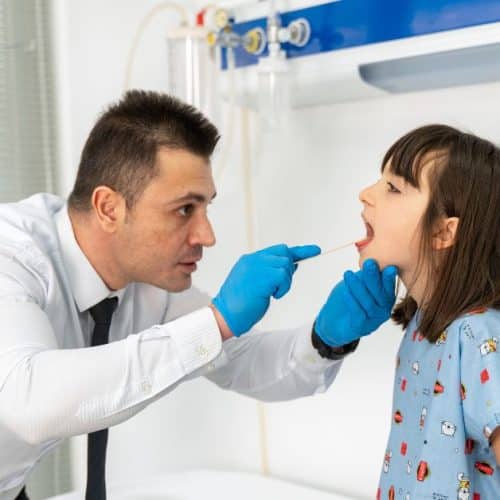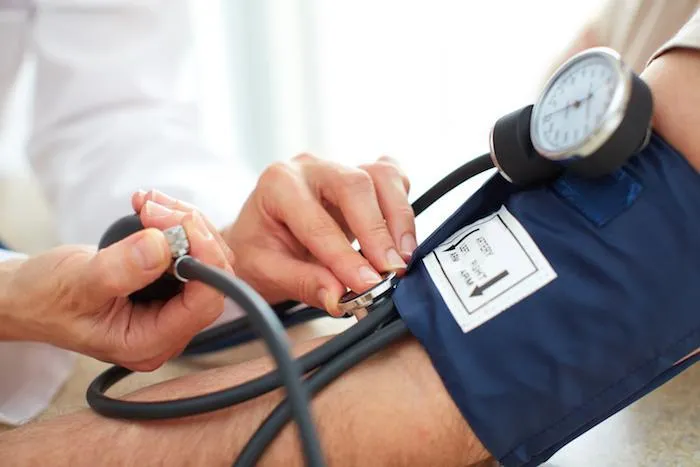Erectile Dysfunction – Everything You Need to Know

Erectile dysfunction, unlike other health problems of men, occupies a special place. Due to the intimate nature of the pathology, a visit to the doctor is postponed, “miracle” drugs are used and there is hope that the pathology will “pass”, but the man’s condition worsens. To return to a full-fledged sexual life is possible. Modern treatment of erectile dysfunction can help even in very difficult cases.
Erectile dysfunction is a failure of erection when a man is unable to perform a full-fledged sexual act. The stiffness, volume and shape of the penis do not allow this (even with strong stimulation). Erection is considered normal if sexual intimacy has been completed. When the chain of physiological processes is broken, for example, there are problems with erection, there is no ejaculation or orgasm, or other changes, then we are talking about dysfunction.
Erection problems are one of the main causes of male depression, drop in self-esteem and self-confidence, discord in relationships and many other troubles. Unfortunately, many men prefer to keep silent about such problems – and completely in vain, because in most cases, erectile dysfunction can be successfully treated.
Often erectile problems are referred to as “impotence”. However, impotence is a complete sexual inability in which a man’s capabilities do not allow him to perform sexual intercourse (there is a complete lack of ejaculation or orgasm). The diagnosis of “impotence” is quite rare (often it is a dysfunction).
What is Erectile Dysfunction?
Erectile dysfunction is a recurrent condition characterized by impaired erection quality, the inability to maintain or achieve an erection to the degree necessary for full sexual intercourse.
The main signs of ED are:
- too slow onset of erection and its “instability” even in a state of strong sexual excitement;
- insufficient erection even during masturbation;
- weakening or absence of a normal morning erection.
Erection is closely related to testosterone, the male sex hormone. It is a complex process realized by the coordinated work of the central and peripheral nervous system, various hormones, blood arteries, vessels and muscles. Disruption of the functioning of any part of the system can significantly affect a man’s ability to experience an erection, ejaculate (release semen) and experience orgasm.
The disorder can also indicate various diseases, such as diabetes mellitus, hypertension. Therefore, it is very important to recognize the ED symptoms in time and consult a doctor. How often should you get a physical? It is generally recommended to have a physical examination annually to maintain optimal health and catch potential issues early.
What are The Types of Erectile Dysfunction?
All erectile dysfunction in men is generally categorized into two main categories – inability to have intercourse and inability to fertilize.
The International Society for the Study of Impotence recommends a more extensive classification:
- Psychogenic dysfunction. It occurs against the background of neuroses, increased anxiety, and several mental illnesses, accompanied by rapid fading or complete absence of sexual excitement.
- Organic dysfunction – is divided, in turn, into several types (neurogenic, vasculogenic, anatomical and endocrine). The cause of the development of this form of pathology is cardiac and vascular problems: hypertension, atherosclerosis, heart failure, as well as other system pathologies. Organic dysfunction develops against the background of poisoning by toxins, when taking some drugs.
- Mixed. It involves a combination of the above two problems.
Special attention is paid by specialists to the study of the relationship between erectile dysfunction and metabolic syndrome (we are talking about some risk factors of vascular type – abdominal obesity, latent diabetes mellitus, AH (high blood pressure), etc.). A yearly check-up is essential for maintaining overall health and catching potential issues early.
There are 2 other types of erectile dysfunction (ED):
- Primary ED – a man has never been able to achieve or maintain an erection. Primary ED is uncommon and is almost always caused by psychological factors or clinically obvious anatomical abnormalities.
- Secondary ED – acquired later in life by a man who was previously able to achieve an erection. Secondary ED is more common, and > 90% of cases have an organic etiology. Many men with secondary ED develop reactive psychological disorders that exacerbate the disorder.
It has been noticed that psychogenic disorders and pseudo-impotence in young men, as well as loss of prestige due to decreased sexual activity in connection with age form obvious neurotic reactions, decreased interest in life.
What is The Usual Age for Erectile Dysfunction?
According to statistics, about 40% of men aged 35-40 face this problem. According to WHO (World Health Organization), based on numerous authoritative world studies, every tenth man aged 21-29 complains of erectile dysfunction, every fifth man aged 30-35, and almost every second man aged 40-70. This is the size of the problem for today, and experts predict that over the next 25 years, these figures may double.
Erectile dysfunction in teenagers can be particularly distressing, often linked to psychological factors such as stress or anxiety. Erectile dysfunction is a rather serious disease. Every 3rd man over the age of 35 experiences erectile dysfunction, and the situation becomes more complicated with age. From 20-30 to 50% of men note premature ejaculation.
After 50 years of age, erectile problems are observed in every 2nd man. At the same time, only 10% of them consult a doctor. And it is absolutely in vain. The problem of ED is solvable!
Despite its prevalence, ED is not an inevitable part of aging. Many men maintain healthy erectile function well into their later years. Doctors recommend changing your lifestyle, adhering to healthy habits and paying enough attention to your health and diet. It can significantly reduce the risk of erectile dysfunction. In addition, effective treatments are available, including medications, therapy, and lifestyle changes, allowing many men to manage the condition successfully and maintain a satisfying sex life.
Symptoms and Causes
Erectile dysfunction is defined by the inability to reach or maintain an erection sufficient for satisfactory sexual performance. ED symptoms include persistent difficulty in getting an erection, trouble maintaining an erection during sexual activities, and reduced interest in sex. These symptoms can significantly impact a man’s self-esteem and intimate relationships.
The causes of ED are varied and can be either physical or psychological. Physical causes include cardiovascular diseases, diabetes, some std that cause erectile dysfunction, high blood pressure, obesity, hormonal imbalances, and certain medications. Conditions affecting blood flow or nerve function, such as atherosclerosis or multiple sclerosis, are also common contributors. Psychological causes include stress, anxiety, depression, and relationship issues.
Consider your bad habits – how many cigarettes you smoke in a day, and how much alcohol you can drink. Is it worth it? Understanding these symptoms and causes is crucial for effective diagnosis and treatment. It is usually comprehensive and involves not only medication or other medical measures but also lifestyle changes.
Diagnosis and Tests
Diagnosing erectile dysfunction involves a comprehensive evaluation to identify underlying causes. A detailed medical history is the first step in resolving the problem. The doctor will ask about symptoms, medical conditions, medications, and lifestyle factors during the medical history. The physical also is very useful for detecting ED.
The doctor will typically prescribe tests to check testosterone levels, blood sugar, and cholesterol and to detect the signs of diabetes or other underlying health issues. A urine test can also help identify diabetes and other underlying conditions.
Additionally, specialized tests like the nocturnal penile tumescence (NPT) test can determine if a man is having normal erections during sleep. Ultrasound may be used to evaluate blood flow to the penis. In some cases, psychological evaluation may be recommended to identify potential mental health issues contributing to ED.
The main task of a competent physician is to make a correct diagnosis. Men’s primary care focuses on preventive health measures, routine screenings, and managing chronic conditions to ensure overall well-being.
Management and Treatment
Therapy is always selected following the causes of pathology. Erectile dysfunction self-care involves maintaining a healthy lifestyle for both types of a problem.
Psychotherapy is usually one of the most effective and efficient methods of treating psychogenic ED. It allows you to reduce intra- and interpersonal conflicts. Important! If a man is in a permanent relationship, it is recommended to attend psychotherapy sessions with a partner.
The main method of treatment of organic ED is the use of medications. The main goal of therapy in this case will be the elimination of pathologies that provoked the deterioration of sexual function. Also, treatment is aimed at stimulating blood flow to the penis and normalizing the work of internal organs and entire systems.
Managing and treating erectile dysfunction involves a multifaceted approach tailored to the underlying cause. Medications are commonly prescribed to enhance blood flow to the penis. Psychological counseling can help address mental health issues such as stress, anxiety, or depression. In cases where medication is ineffective, vacuum erection devices, penile injections, or surgical options like penile implants may be considered. Combining treatments often yields the best results, helping men regain sexual function and confidence.
Living With Erectile Dysfunction
Living with erectile dysfunction can be challenging, but it’s manageable with the right approach. Open communication with your partner is crucial for emotional support and understanding.
Psychological support, either through counseling or support groups, can help address any emotional or mental health issues related to ED. With proactive management, many men can lead a fulfilling and healthy life despite the condition.
Modern medicine has made impressive progress in the treatment of erectile dysfunction and has this issue successfully resolved. If you suffer from erectile dysfunction, you should not live with this problem and do nothing to overcome it. Consult a qualified doctor, a specialist in the diagnosis and treatment of erectile dysfunction. After a thorough examination, taking into account individual characteristics, you will select the optimal method of treatment, which will return to your life all the joys of full-fledged sex.




